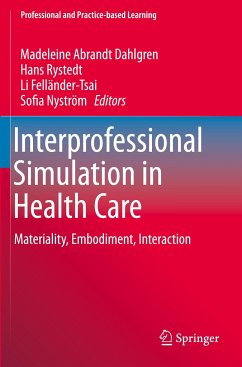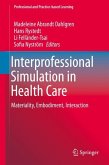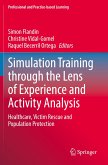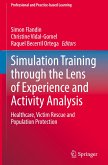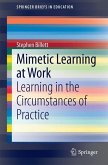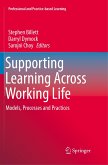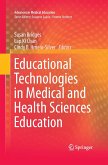This book describes and discusses a practice-oriented approach to understanding and researching interprofessional simulation-based education and simulation. It provides empirical findings from research on this topic and is informed by practice-oriented perspectives. It identifies critical features of the simulation practice and discusses how these can be used in reforming simulation pedagogy.
The book is divided into three sections. Section 1 sets the scene for understanding the practices of interprofessional simulation-based education and simulation. It provides a theoretical and methodological framework for the conceptualisation of practices and for the empirical studies on which the book is based. Section 2 revisits the dimensions of the simulation process/exercise, i.e. the briefing, simulation, and debriefing, and provides empirical analyses of how the practice of simulation unfolds. Based on these analyses, section 3 identifies and discusses how pedagogies for simulation can be reformed to meet the demands of future healthcare and research.
The book is divided into three sections. Section 1 sets the scene for understanding the practices of interprofessional simulation-based education and simulation. It provides a theoretical and methodological framework for the conceptualisation of practices and for the empirical studies on which the book is based. Section 2 revisits the dimensions of the simulation process/exercise, i.e. the briefing, simulation, and debriefing, and provides empirical analyses of how the practice of simulation unfolds. Based on these analyses, section 3 identifies and discusses how pedagogies for simulation can be reformed to meet the demands of future healthcare and research.

